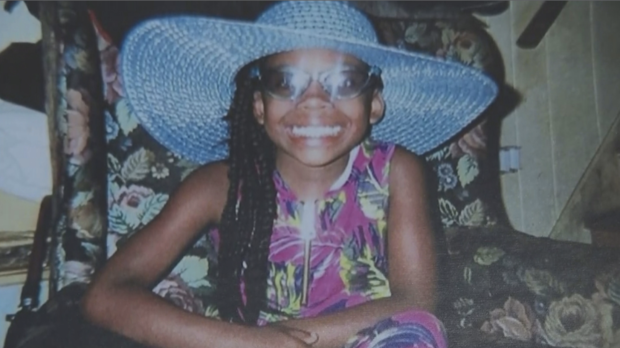Transgender kids have a right to privacy
from parents, U.S. court rules
The New Hampshire Supreme Court upheld a school district’s policy Friday that aims to support the privacy of transgender students, ruling that a mother who challenged it failed to show it infringed on a fundamental parenting right.
In a 3-1 opinion, the court upheld a lower court’s dismissal of a lawsuit filed by the mother of a Manchester School District student. She sued after inadvertently discovering her child had asked to be called at school by a name typically associated with a different gender.
At issue is a policy that states in part that “school personnel should not disclose information that may reveal a student’s transgender status or gender nonconfirming presentation to others unless legally required to do so or unless the student has authorized such disclosure.”
In other words, they should flat-out lie to the child's parents! How can that ever be a good thing? It's only far-left, godless people who believe that the ends justify the means, that can justify teaching children to lie.
“By its terms, the policy does not directly implicate a parent’s ability to raise and care for his or her child,” wrote Chief Justice Gordon MacDonald. “We cannot conclude that any interference with parental rights which may result from non-disclosure is of constitutional dimension.”
Do you not know, Chief Justice, that secrets and lies between a child and its parents is the beginning of rebellion and the beginning of the end of an effective relationship? This is what you are promoting here for the sake of a completely unscientific and non-sensical ideology. God have mercy on you when you stand before Him.
Senior Associate Justice James Bassett and Justice Patrick Donavan concurred. In a dissenting opinion, Justice Melissa Countway said she believes the policy does interfere with the fundamental right to parent.
“Because accurate information in response to parents’ inquiries about a child’s expressed gender identity is imperative to the parents’ ability to assist and guide their child, I conclude that a school’s withholding of such information implicates the parents’ fundamental right to raise and care for the child,” she wrote.
Neither attorneys for the school district nor the plaintiff responded to phone messages seeking comment Friday. An attorney who filed a friend-of-the-court brief on behalf of a transgender student who supports the policy praised the decision.
“We are pleased with the court’s decision to affirm what we already know, that students deserve to be treated with dignity and respect and have a right to freely express who they are without the fear of being forcibly outed,” Henry Klementowicz of the ACLU of New Hampshire said in a statement.
The issue has come up several times in the state Legislature, most recently with a bill that would have required school employees to respond “completely and honestly” to parents asking questions about their children. It passed the Senate but died in the House in May.
“The Supreme Court’s decision underscores the importance of electing people who will support the rights of parents against a public school establishment that thinks it knows more about raising each individual child than parents do,” Senate President Jeb Bradley, a Republican, said in a statement.
Parents also have the right to expect teachers to teach their children that lying is never a good thing, instead of making an example of lying to the people most closely related to you. If you can lie to your parents, you can lie to anyone.















